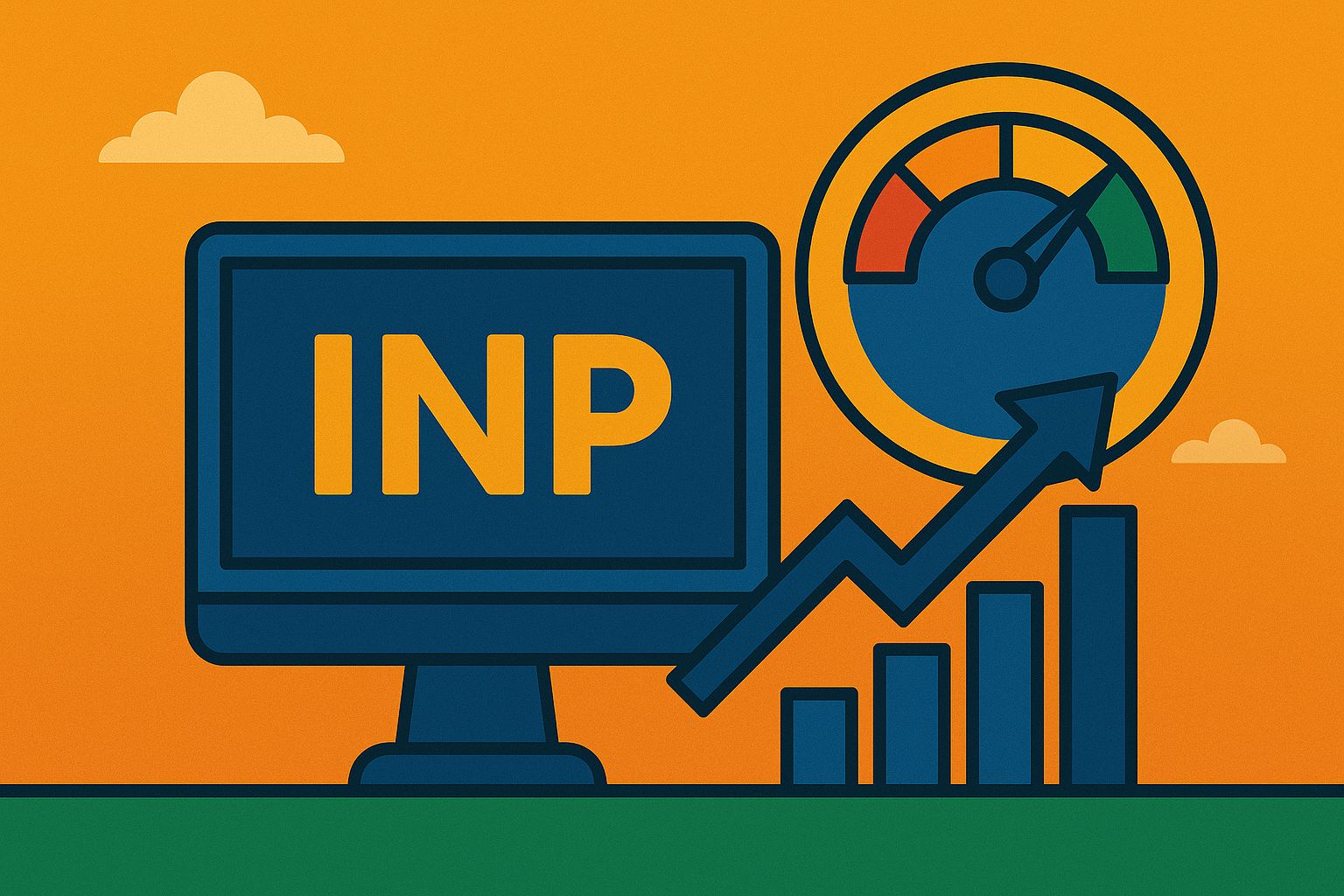An open source e-commerce platform is a type of software that lets businesses to make and manage an online store to put the products and services for sale. Open-source e-commerce platforms provide the businesses with a flexible and customized resolution for creating an online store. Because the source code is openly available, businesses have complete control over the design and functionality of their store. There are many open-source e-commerce platforms obtainable, involving famous options like WooCommerce, Magento, and OpenCart. These platforms offer a variety of features and tools for managing an online store, consisting of product management, payment processing, shipping and fulfillment, and customer management.
One of the main benefits of using an open-source e-commerce platform is the capability to customize the platform to fit your business. With open-source platforms, businesses have complete control over the design and functionality of their online store, and can make a unique and branded shopping experience for their customers. Open-source e-commerce platforms are also usually cost-effective, as they are frequently open to use and set up, with optional paid extensions and themes accessible for added functionality. This can save businesses a vital amount of money compared to proprietary platforms, which often need upfront licensing fees and ongoing subscription costs.
Best Open Source E-commerce Solutions
There are many open-source e-commerce solutions obtainable, each with its own unique features and capabilities. Some of the best open-source e-commerce platforms include:
- WooCommerce: WooCommerce is a famed open source e-commerce platform that is simple to set up and use, and is well-suited for small to medium-sized businesses. It is built on top of WordPress, the most popular content management system (CMS) in the world, and offers a variety of features and tools for managing an online store, involving product management, payment processing, shipping and fulfillment, and customer management.
- Magento: Magento is a powerful open-source e-commerce platform that is compatible for large and intricate online stores. It offers a wide array of features and tools for managing an online store, involving advanced product management, multiple store management, and integrations with various payment gateways and shipping carriers.
- OpenCart: OpenCart is a user friendly open source e-commerce platform that is well-matched for small to medium-sized businesses. It offers a variety of features and tools for managing an online store, including product management, payment processing, shipping and fulfillment, and customer management.
- PrestaShop: PrestaShop is a feature-rich open-source e-commerce platform that is well-suited for small to medium-sized businesses. It offers a range of features and tools for managing an online store, including product management, payment processing, shipping and fulfillment, and customer management.
- osCommerce: osCommerce is a well established open source e-commerce platform that is easy to set up and use, and is well-suited for small to medium-sized businesses. It offers a range of features and tools for managing an online store, including product management, payment processing, shipping and fulfillment, and customer management.
When choosing an open-source e-commerce platform, it’s significant for businesses to consider their specific necessities and goals, as well as the level of technical expertise and resources available to them. Using an open-source e-commerce to grow your business saves lot of money. Many open-source platforms are open to use and set up, with optional paid extensions and themes available for added functionality. This can save businesses a significant amount of money compared to proprietary platforms, which frequently need upfront licensing fees and ongoing subscription costs. Open-source e-commerce platforms are generally considered to be safer than proprietary platforms. This is because they are built and maintained by a group of developers and users, which means that security vulnerabilities are rapidly identified and addressed. This can provide businesses bigger confidence in the security of their online store and help protect their customers’ data.
The Benefits Of Open Source Ecommerce
There are a lot of benefits that come with selecting an open source ecommerce tool. Let’s take a closer look at just a few.
- Control and Ownership: When you run an online store, you desire to have full control over everything from the design of your ecommerce site to the content you publish. This is where open source shines. If you make use of a proprietary ecommerce platform, like Shopify or Wix, you’re beholden to the terms of their licenses, which are much more severe than with open source. If you unintentionally break any of their terms of service, they can take your shop with no notice. In contrast, when you opt for an open source ecommerce tool like WooCommerce, you can utilize it for anything you’d like. You install the software on the hosting provider or server of your selection, and you have full control over it. The software developers can’t take your store for any reason.
- Cost: Pricing is often a big deliberation for small businesses, particularly when they’re only starting out. Many proprietary platforms costs monthly or yearly fees, and some even take a percentage of every sale that you make. Those costs can increase as you grow, get hold of more sales, and have a need of additional functionality. That means less money in your bank account as you’re starting out and as you scale. But most open source ecommerce tools, like WooCommerce, are completely free. Those that are not are usually available at a much lower price than the proprietary options.
- Frequent updates: There are constantly a lot of web developers working on, modifying, and enhancing the code of open source ecommerce software. They have a variety of backgrounds and experience levels. And, rather than working for the proprietary company, they’re often striving to better the software or make a specific resolution for themselves or their clients. This means that there’s a lot of originality, innovation, and passion put into the ongoing development of open source tools.
In summary, using an open-source e-commerce to grow your businesses makes you to succeed online. With the capability to customize, scale, and save money, as well as the added security benefits, open-source ecommerce platforms offer a powerful and flexible resolution for businesses looking to sell the products and services online.




